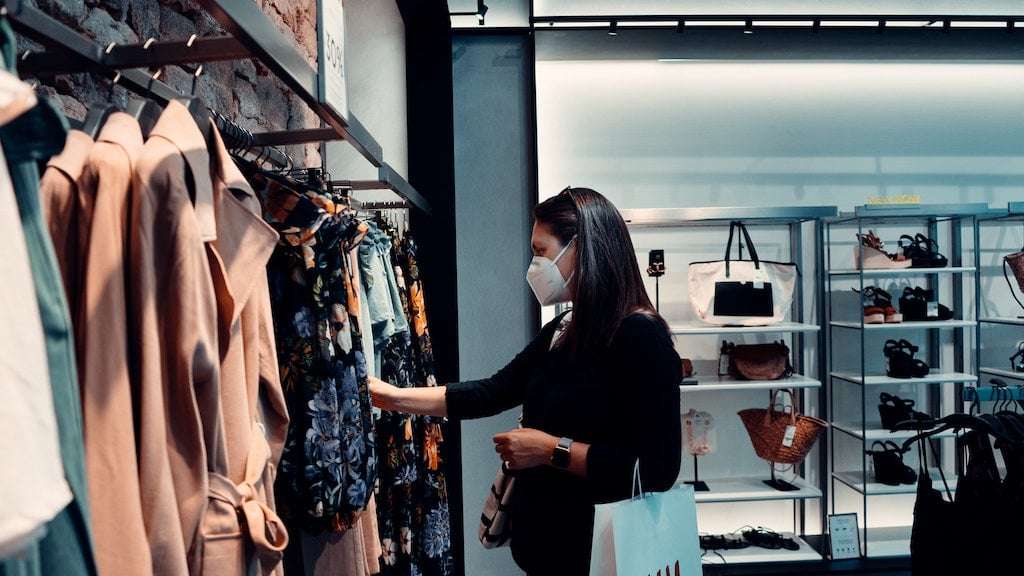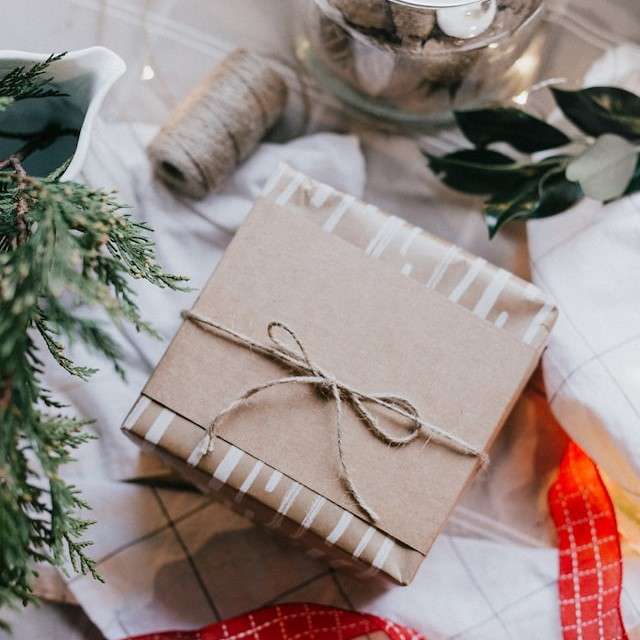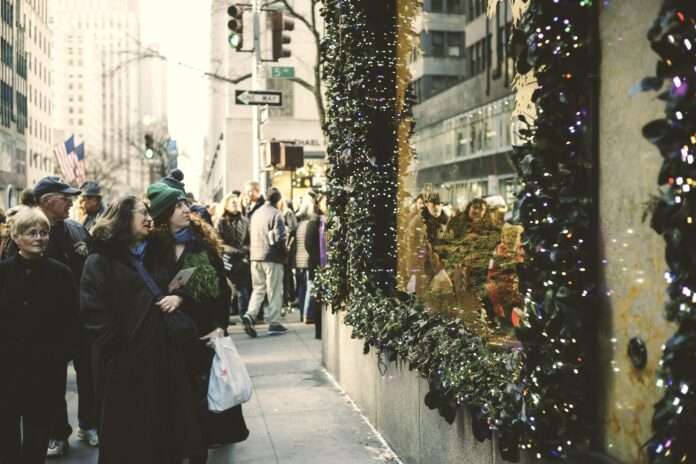The Black Friday media storm is already upon us.
It’s not even October yet, and already, talk of the holidays has begun. Some stores are selling Christmas cards, while discussions of who is going to host Thanksgiving this year are already in full swing.
So are discussions about Black Friday, which falls every year on the day after Thanksgiving. It’s an event that sees lines around the block; fist fights are not uncommon as consumers scramble for deals. It seems like the antithesis of sustainable shopping. And it absolutely can be. But is there a way to shop responsibly on the biggest sale day (and weekend) of the year? Maybe. And perhaps, early talk might actually be helpful in this case.
Why Black Friday is an environmental nightmare
The holiday season can be expensive, there is no doubt. In fact, in 2022, research suggested that the average American consumer expected to spend roughly $870 on Christmas gifts. See, expensive.
That’s why many people choose to take advantage of Black Friday, which traditionally falls the day after Thanksgiving and sees stores across the country (and all over the world) offer discounted prices on all kinds of different products, including clothing.

The Black Friday rush can be intense, it can be wasteful, and it can be pollutive. In fact, according to one study, this year’s Black Friday is expected to produce 429,000 metric tons of greenhouse gas emissions from product deliveries.
In 2019, Greenpeace campaigner Viola Wohglemuth told Euronews: “The problem is the environmental impact of the production, transport and waste created by these products.”
She added: “The value of the product and the resources used to make it gets totally lost in that whole idea. The whole online business model creates more delivery and packages, causing a huge impact on the climate.”
Unfortunately, research also suggests that most of the products bought on Black Friday are wasted. In one study in 2019, researchers found that up to 80 percent of the items purchased through Black Friday sales were thrown away after a few uses.
Early preparation might be key to a more sustainable Black Friday
One reason why waste is higher around Black Friday is because gifts are bought in a rush. The day is notoriously frantic and chaotic, with consumers competing and scrambling to get the best deals. It’s easy to get caught up in the rush. “Does your cousin really need those SKIMS?” “Doesn’t matter, it’s a steal.”
But if you’re set on making the most of the deals, there is a way you can make things easier for yourself and a little easier for the planet, too: preparation. When you know which brands are having sales on which products in advance, you can plan ahead, find out what is needed or wanted, and take the time to think: “Actually, she owns that cotton bodysuit in two colors already.”
This reduces the chance of your gift going in the trash, to put it bluntly. But preparing in advance also helps you stay organized and consolidate your orders, which is important for reducing the shipping impact around the holidays.
“Consolidation is what drives better efficiency,” Miguel Jaller, co-director of the Sustainable Freight Research Center at UC Davis’ Institute of Transportation Studies, told UC Davis Magazine in 2021. “That’s why public transit is better than everybody using their own cars — you are consolidating a lot of trips in one train or bus. The more packages you can consolidate in one vehicle, the [fewer] resources you’re using.”

If you can head to an in-person Black Friday sale for your gifts, that’s even better. And even better than that? Shopping from a local business. This reduces shipping emissions and helps to support your local economy, too. Plus, when you’re shopping for clothing, you can also find out more details about sourcing and materials, so you can ensure you’re buying garments that are in line with your values (and the gift recipient’s values, too!).
Because what’s better than another SKIMS bodysuit? A locally-made handwoven scarf, perhaps. Or maybe some vegan jewelry from a sustainable brand. And, whenever possible, thrifting is also an important consideration.
We don’t know your cousin/friend/mum/partner — but we do have plenty of guides to help you shop consciously around the holiday season, even on Black Friday. Find our fashion, jewelry, and beauty guides here, here, and here.
And if you really want to shop SKIMS (or any other major brand) this holiday season, get to grips with their offering now and figure out your gift selection, so that you can be as prepared as possible when Black Friday comes around. We hate to say it, but the holidays really are just around the corner.
Related on Ethos:


